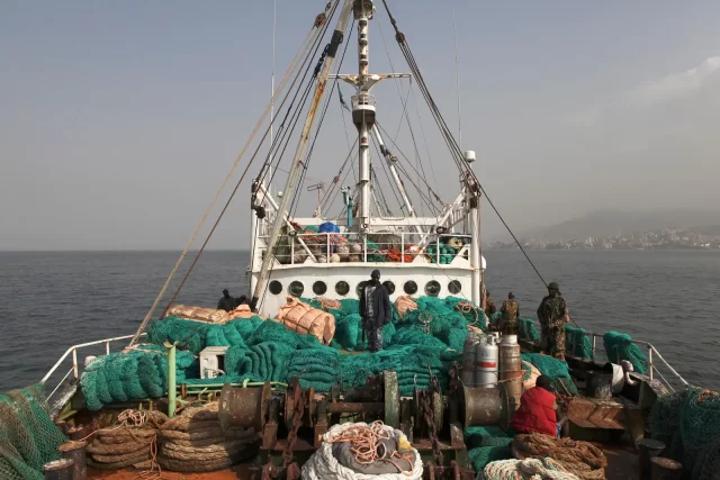
Africa-Press – Namibia. The European Union (EU) has been struggling to act against Samherji, an Icelandic fishing company, which was involved in one of Africa’s largest corruption scandals, known as the “Fishrot Scheme.” The scandal uncovered in 2019 involved the illegal trawling of Namibia’s waters, bribery of Namibian government officials, embezzlement of funds, and intimidation of critics. The $20 million racket allegedly also involved some Angolan nationals and was carried out in Iceland, Norway, and Namibia.
While Namibia has apprehended and prosecuted the accused in its jurisdiction, Samherji’s directors in Iceland still have no charges framed against them. This has exposed the hollowness of the EU’s fight against corruption and illegal and unregulated fishing. The EU’s 2008 binding policy requires member states to impose a maximum sanction of at least five times the value of the fishery products obtained by committing serious infringement.
The Fishrot scandal highlighted one of the largest scams ever to rock Namibia. Wikileaks released the Fishrot files in 2019, which revealed the diversion of Namibia’s fishing quotas to Samherji. State-run Fishcor was accused of transferring these allocations from private Namibian companies to other local firms linked to the Icelandic firm and in which politicians had a stake. The firms that gained these quotas allegedly paid $10 million in bribes to leaders of Namibia’s ruling party in return. Even the President of Namibia was implicated in the scam.
The scandal came at a time when Namibia was grappling with the economic fallout of the COVID-19 pandemic, leading to the collapse of the fishing industry, wiping out jobs and livelihoods. Fishing is one of Namibia’s key industries, contributing 3% to the country’s GDP and 20% to its export earnings.
Samherji, which was also accused of tax evasion in Namibia, exited the country in 2020, and a year later, absolved itself of all allegations. None of its directors was prosecuted in connection with Fishrot. A trial is scheduled for October 2023, with whistleblower Jóhannes Stefánsson expected to testify. Stefánsson was the former managing director for Samherji Namibia.
In conclusion, the EU’s inability to act against Samherji’s directors in Iceland has exposed its hollow fight against corruption, especially in the fishing industry. The lack of action also risks damaging the EU’s reputation and its efforts to combat illegal and unregulated fishing globally. It is imperative for the EU to take a tough stance against corruption and hold accountable all those involved in such fraudulent activities.
For More News And Analysis About Namibia Follow Africa-Press





